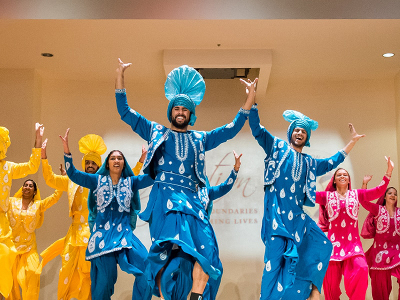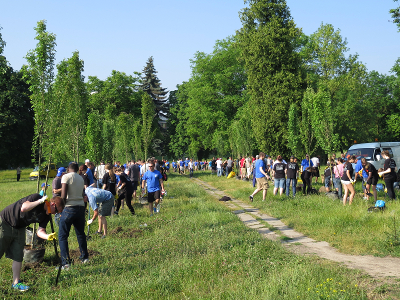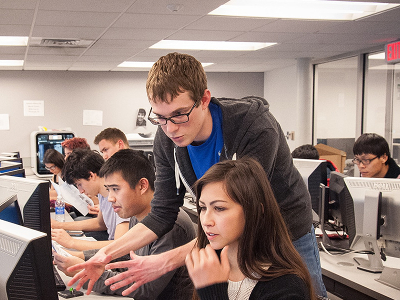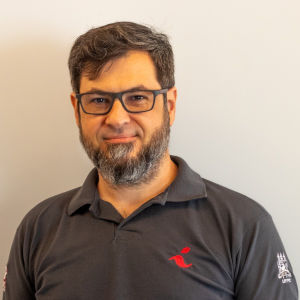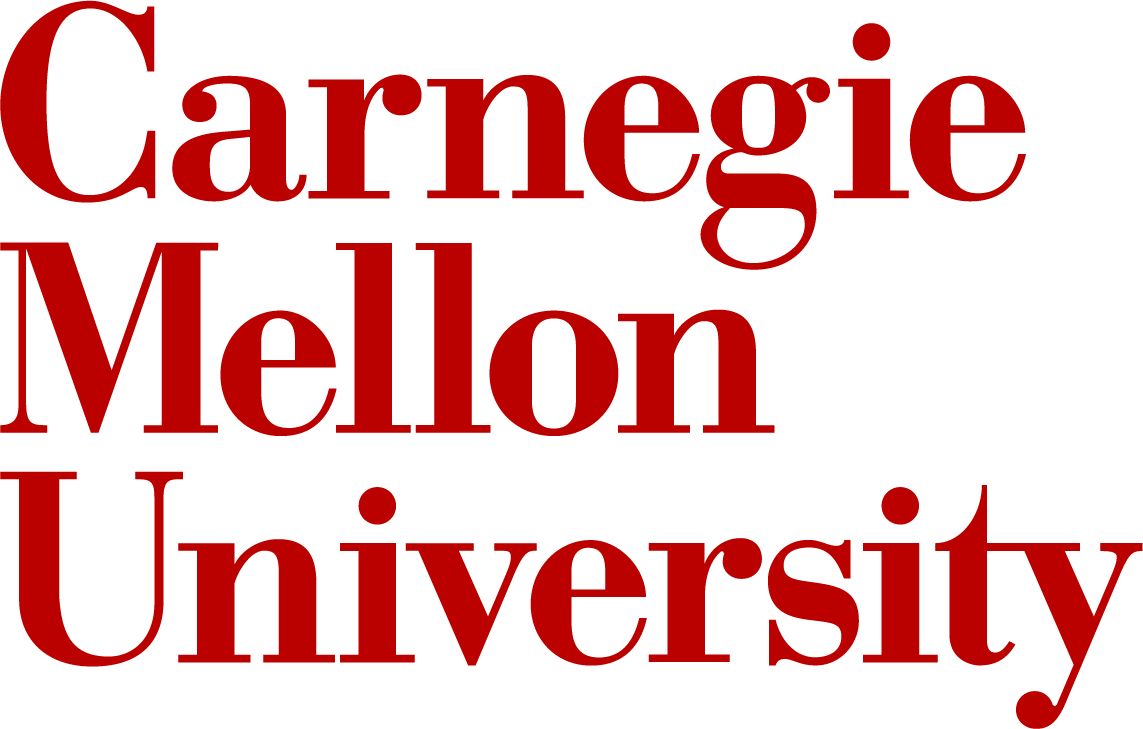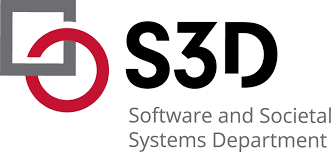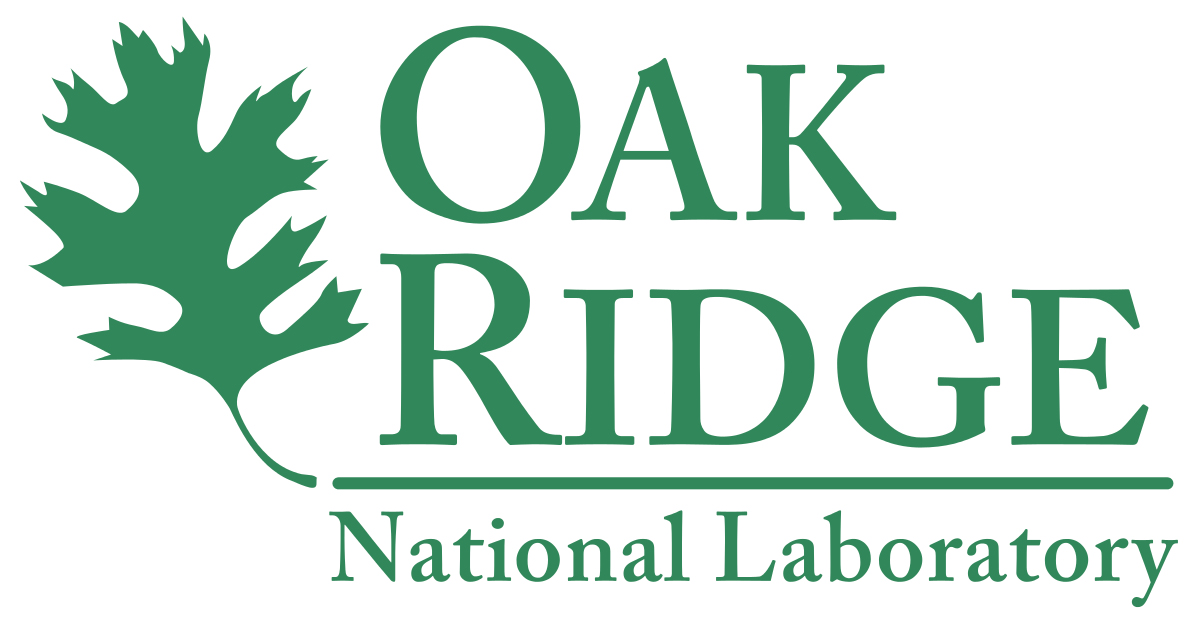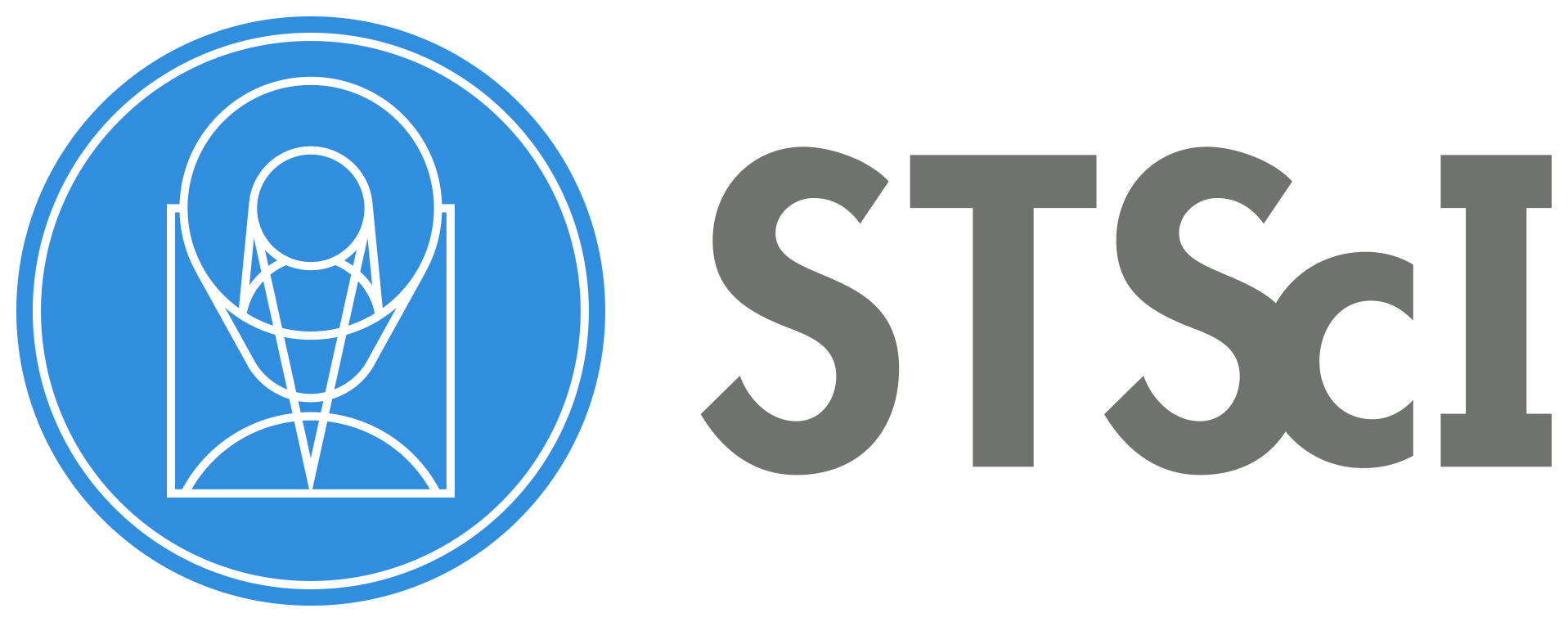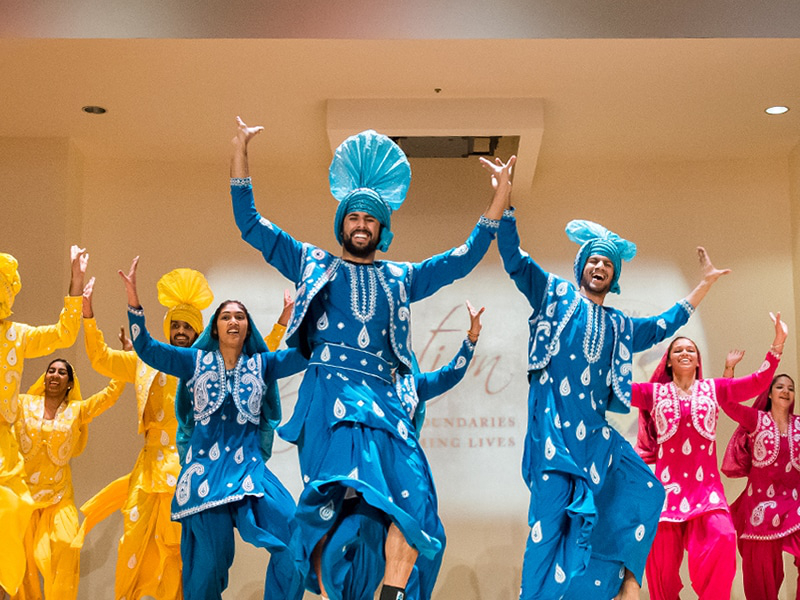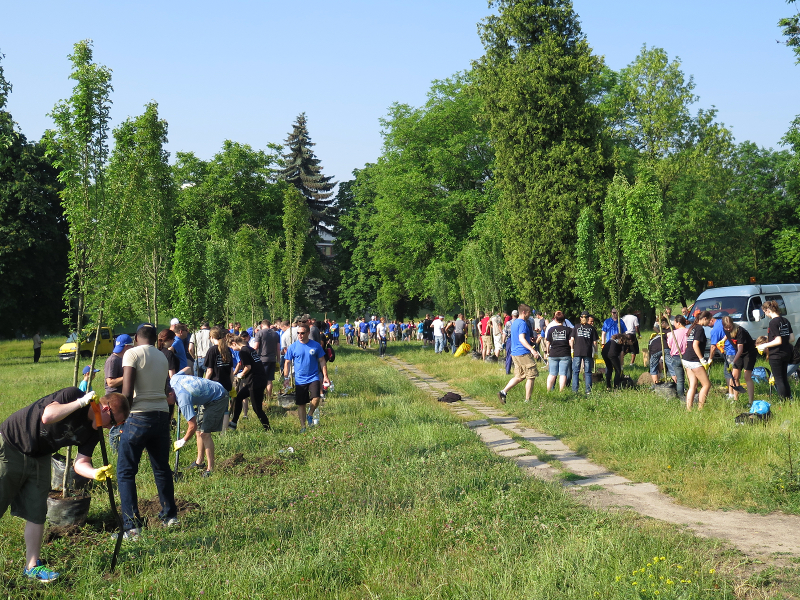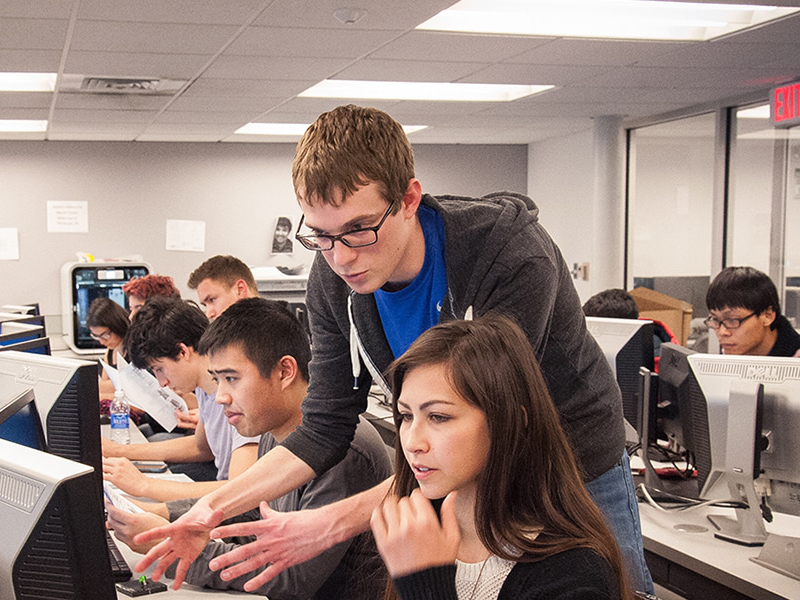Example timelines
These timelines show an idealized procedure for the organization of four different types of hackathons. They are based on our previous experiences collaborating with experienced organizers, co-organizing hackathons and our ongoing research work.

Corporate in-person hackathon
This timeline shows an example of a medium-sized in-person hackathon (between 50 and 80 participants) that aimed to promote product innovation at a large IT company. — toggle example timeline —
-
4 months before the hackathon
Goal: Identification of innovative ideas that can turn into company products
Theme: Expanding the user base of the main product lines
Competition / cooperation: Decision for a competitive event where the top 3 teams can win gift cards and material prizes, and the first place team will receive support to continue their project with the goal to eventually roll it out as a product.
Duration / breaks: Decision for a 48-hour event over 3 days starting on Wednesday afternoon.
Agenda: Decision about a tentative agenda that includes a checkpoint, a final presentation, a jury session, and an award ceremony.
Stakeholder involvement: Discussion with leadership from different departments about their involvement in the event as mentors and judges.
Participant recruitment: Decision to run an internal event to which all employees of the company are invited.
Mentoring: Decision to recruit company stakeholders as mentors. Focus on product and leadership experience.
Ideation: Decision to run a pitch session at the beginning of the event.
-
3 months before the hackathon
Competition / cooperation: Invitation of judges and sharing of judging criteria.
Participant recruitment: Invitation email to all employees of the company including a registration form.
Mentoring: Invitation email to selected individuals including information about mentor role and responsibilities.
-
1 month before the hackathon
Agenda: Finalizing event agenda and sharing it across the company.
Competition / cooperation: Decision that teams need to show a working demo as their final presentation.
Team formation: Decision that teams will form around ideas, need to have between 3 and 6 members, and can be formed before or at the hackathon.
-
1 week before the hackathon
Competition / cooperation: Sharing of judging criteria with registered individuals.
Ideation: Sharing of pitch procedure with registered individuals.
Team formation: Sharing of team formation criteria and procedure with registered individuals.
-
Hackathon day 1
Agenda: Welcoming words by the organizers, presentation of the code of conduct, hackathon agenda, ideation and team formation procedure, mandatory checkpoint, expected final presentation, judging criteria, and prizes.
Mentoring: Introduction of mentors, their expertise, and their role during the hackathon.
Ideation: Individuals pitch their project idea and state if they seek additional team members.
Team formation: Participants that did not pitch ideas talk to idea proposers, discuss their expertise, and voice their interest. Idea proposers select suitable team members. Ideas that do not gain sufficient interest from other participants are abandoned, and the proposers of these ideas have the option to join other teams.
Agenda: Idea proposers present their teams. Quick check by the organizers if the teams meet the criteria.
Competition / cooperation: If teams do not meet the criteria, organizers can decide to split them up or suggest participants to join a different team.
Duration / breaks: Dinner at the end of the day.
-
Hackathon day 2
Agenda: Teams meet, and idea proposers present their progress in front of organizers and mentors and receive feedback.
Duration / breaks: Lunch and dinner breaks.
-
Hackathon day 3
Duration / breaks: Lunch break.
Agenda: Final demo presentation of idea proposers in front of all participants, jury, organizers, mentors, and interested company employees.
Competition / cooperation: Jury decision and award ceremony.
Duration / breaks: Dinner at the end of the hackathon.
-
After the hackathon
Competition / cooperation: Distribution of awards to the winners.
Continuity planning: Post-hackathon feedback session for all teams. Discussion with leadership of winning team about resources and timeline to complete the project.

Entrepreneurial in-person hackathon
This timeline shows an example for a medium-sized in-person hackathon (between 100 and 150 participants), which aimed to attract entrepreneurs and foster innovative projects that can become successful businesses. — toggle example timeline —
-
4 months before the hackathon
Goal: Fostering the regional development of the start-up ecosystem related to the cyber security domain
Theme: Cyber security
Competition / cooperation: Decision for a competition style event. Teams can win prizes ranging from tech gadgets to start-up coaching and participation in accelerator programs.
Duration / breaks: Discussion about and decision for a tentative date for a 48-hour event starting in the afternoon on Friday.
Agenda: Discussion about and decision for a tentative agenda that includes daily checkpoints, a final pitch presentation, and an award ceremony.
Participant recruitment: Creation of an information hub. Contacting local universities, start-up hubs, tech companies, accelerator programs, and government agencies to spread news about the event through their networks. Start of the social-media campaign.
Stakeholder involvement: Discussion with representatives of aforementioned groups about their interest in the event and invitation to participate as mentors, give thematic talks, and provide sponsorship and prizes.
-
3 months before the hackathon
Participant recruitment: Creation of an online form that covers participants’ contact details, their current profession, and their projected role during the hackathon. Registration requires the payment of a small nominal fee that will be refunded after participation.
Ideation: Decision for a pitch-style ideation process at the hackathon. Participants can indicate if they have a project idea for the hackathon and provide a short description as part of the registration form.
Mentoring: Identification and invitation of a diverse group of individuals who can provide mentorship related to cyber security, various programming languages, design, entrepreneurship, marketing, and others. Decision for a combination of mentor teams and individual on-demand support.
-
1 month before the hackathon
Team formation: Teams will form around ideas. They cannot have less than 3 members, have to be of similar size, and include individuals with diverse expertise and interests, including cyber security, programming, design, and entrepreneurship.
Stakeholder involvement: Finalization of sponsor agreements, including prizes and talks at the hackathon.
Participant recruitment: 1-day competitive ideation events in three cities close to the main hackathon location, during which participants can start working on ideas and form teams. Winners receive travel support for the main hackathon.
-
1 week before the hackathon
Agenda: Adding final event agenda including thematic talks, trainings, and talks by sponsors during each day to the information hub.
Ideation: Adding information about the pitch procedure to the information hub.
Mentoring: Introduction of mentors on the information hub.
-
Hackathon day 1
Agenda: Welcoming words by the organizers, presentation of the hackathon agenda including idea pitches, mandatory checkpoints for idea proposers, talks and trainings, expected outcome (pitch presentation), and jury. Reiteration of information hub and contact details for organizers and mentors.
Stakeholder involvement: Introduction of sponsors and supporting individuals and institutions.
Mentoring: Introduction of mentors, their area of expertise,and their role during the hackathon.
Ideation: Participants pitch ideas in front of organizers, mentors, and other participants, including information about which expertise they perceive to be required. Everyone can pitch. Not only participants who submitted ideas through the registration form.
Team formation: Ideas are written on large sheets of paper that idea proposers hang on the walls in the foyer of the hackathon venue. Participants who did not pitch ideas go around and talk to idea proposers, discuss their expertise, and voice their interest. Idea proposers select suitable team members based on interest and expertise. Ideas that do not gain sufficient interest from other participants are abandoned, and the proposers of these ideas have the option to join other teams.
Agenda: Idea proposers present their teams. Quick check by the organizers if the teams are of roughly equal size and if all teams have sufficient expertise to start working on their projects.
Mentoring: Mentors meet and form teams with diverse expertise. Each mentor team is assigned to a group of hackathon teams that they support during the hackathon. Mentors focus on their teams but also support others if necessary.
Duration / breaks: Common dinner.
-
Hackathon day 2
Duration / breaks: Common breakfast.
Agenda: Idea proposers present their progress in front of organizers and mentors at the beginning of the day.
Mentoring: Mentors meet, discuss potential difficulties that certain teams face, and decide on mentors with related expertise to support them.
Stakeholder involvement: Thematic talk before lunch time.
Duration / breaks: Lunch break.
Agenda: First pitch training for idea proposers shortly the before next checkpoint.
Agenda: Idea proposers present their progress in front of organizers and mentors at the end of the day.
Mentoring: Mentors meet, discuss potential difficulties that certain teams face, and decide on mentors with related expertise to support them.
Duration / breaks: Common dinner.
-
Hackathon day 3
Duration / breaks: Common breakfast.
Agenda: Idea proposers present their progress in front of organizers and mentors at the beginning of the day.
Mentoring: Mentors meet, discuss potential difficulties that certain teams face, and decide on mentors with related expertise to support them.
Agenda: Second pitch training for idea proposers before lunch.
Duration / breaks: Lunch break.
Agenda: Third and final pitch training for idea proposers a few hours before the final pitches.
Agenda: Final pitches of idea proposers in front of all participants, jury, organizers, mentors, and online audience (live stream).
Competition / cooperation: Online voting for audience favorite, jury decision, and award ceremony.
Duration / breaks: Group pictures, networking, end of the hackathon, and departure.
-
After the hackathon
Competition / cooperation: Distribution of prizes to winners.
Continuity planning: Organizers share a summary of the hackathon on the information hub, connect interested teams with stakeholders, and periodically contact winning teams about their progress.

Educational online hackathon
This timeline provides an example of a small-scale online hackathon (< 30 participants) that aimed to provide an opportunity for students to learn about using high-performance computing (HPC) resources. The event took place in conjunction with a major conference in the HPC field. — toggle example timeline —
-
6 months before the hackathon
Goal: Teaching students about how to use HPC resources
Theme: HPC to support a local community
Competition / cooperation: Decision for a competitive event where teams can win cash prizes.
Duration / breaks: Discussion about and decision for a 5-day event before the conference starting on Thursday afternoon.
Agenda: Decision about a tentative agenda that includes 2 daily checkpoints (morning and evening), a final presentation, a jury session, and an award ceremony.
Stakeholder involvement: Discussion with conference organizers, HPC and local community members about their involvement in the event as mentors, judges, and sponsors.
Participant recruitment: Discussion with educators as well as HPC and local community members to support participant recruitment through their networks.
Mentoring: Decision to recruit HPC and local community members as mentors. Focus on prior teaching experience, diverse interests, and backgrounds.
Ideation: Decision for a multi-stage process where mentors provide challenges and teams decide how to address them.
-
4 months before the hackathon:
Competition / cooperation: Decision for three award categories. Discussion with organizers to recognize winning teams during the award ceremony of the main conference. Discussion with sponsors about prizes.
Specialized preparation: Creation of a Github organization and page, which includes the preliminary schedule, organizer contact information, code of conduct, and links to resources. The page serves as the primary information hub for the hackathon. Creation of a Discord server, including public announcements, troubleshooting, and introduction channels, as well as private organizer and mentor channels.
Mentoring: Decisions for mentor pairs. Invitation email including a link to the Github page and a registration form that covers contact information, prior experience, interests, and availability during the event.
Ideation: Mentors propose challenges through the registration form.
Participant recruitment: Invitation email including a link to the Github page and a registration form that covers contact information, demographics, and prior experience related to programming and HPC.
-
3 months before the hackathon:
Competition / cooperation: Decision for judging criteria and voting procedure. Invitation email for judges including a link to the Github page, information about the judging procedure and pre-event jury training, and a registration form including contact information and area of expertise.
Specialized preparation: Decision for pre-hackathon trainings for participants covering the use of Github and Cloud resources.
Agenda: Adding a more detailed agenda to the Github page, including pre-event trainings for participants.
Participant recruitment: Invitation of registered participants to pre-hackathon trainings.
Mentoring: Invitation to pre-hackathon training. Mentors prepare slides to present their challenge.
Continuity planning: Invitation of registered participants, mentors, and judges to the Discord server and Github organization.
-
1 month before the hackathon:
Competition / cooperation: Finalization of sponsor agreements and creation of judging and popular vote forms.
Specialized preparation: Securing of Cloud Credits that participants can use for their projects during the hackathon.
Agenda: Adding calendar invite links and Zoom links for all training and hackathon sessions to Github page.
-
2 weeks before the hackathon:
Specialized preparation: First pre-hackathon training session for participants.
Mentoring: Pre-hackathon mentor training session. Organizers introduce the mentoring process and ensure that all mentors are on Discord and in the respective channels. Mentors present their challenges with organizers providing feedback. Forming of mentor pairs based on challenge similarity, availability, and expertise.
Continuity planning: Recording of the participant training session is shared on the Github page.
-
1 week before the hackathon:
Specialized preparation: Second pre-hackathon training session for participants.
Stakeholder involvement: Securing final confirmation by local community members for short talks during the event.
Agenda: Adding sponsor talks to the agenda.
Continuity planning: Recording of the participant training session is shared on the Github page.
-
Hackathon day 1
Agenda: Welcoming words by the organizers, presentation of the code of conduct, hackathon agenda, expected final submission through Github, judging criteria, and prizes. Reminder to join the Discord server and Github organization. Hint to refer to the Github page and contact organizers or mentors if participants get stuck.
Stakeholder involvement: Introduction of sponsors and supporting individuals and institutions.
Mentoring: Introduction of mentors, their expertise, and their role during the hackathon.
Ideation: Mentors present their challenges.
Agenda: Organizers explain the team formation procedure and ask each team to create an introduction slide for the first checkpoint the next morning. The slides includes the team name, the names of the team members, the challenge they aim to address, and their initial approach for addressing it. Hint for participants to inform each other about potential parallel activities during the event (e.g., classes or social and work commitments).
Continuity planning: Organizers ask participants to create a Github repository for their team within the hackathon Github organization.
Team formation: Organizers create one breakout room for each presented challenge. Participants join different breakout rooms, and discuss with those present about the challenge and decide which challenge they want to contribute to.
Competition / cooperation: If teams are too large, organizers can decide to split them up or suggest participants to join a different team.
Mentoring: Mentors whose challenges were not chosen can decide to join a specific team or provide on-demand support.
-
Hackathon day 2
Agenda: Organizers introduce the agenda for the day and reiterate the expected final submission. Teams present themselves, their project idea, and their plan until the next checkpoint.
Specialized preparation: Creation of one dedicated Discord channel per team. Invitation of team members and team mentors to their respective channel.
Continuity planning: Organizers add links to the teams' Github repositories on the main hackathon Github page.
Stakeholder involvement: First sponsor talk.
Duration / breaks: Suggested off-screen break at noon.
Mentoring: Mentors meet with organizers, discuss potential difficulties that teams might face, and decide on mentors with related expertise to support them.
Stakeholder involvement: Second sponsor talk and webinar for participants.
Agenda: At the end of the day, teams present their progress, problems they faced, and their plan until the next checkpoint. They also receive feedback from organizers, mentors, and other teams.
-
Hackathon day 3
Agenda: Organizers introduce the agenda for the day. Teams present their progress, problems they faced, and their plan until the next checkpoint. They also receive feedback from organizers, mentors, and other teams.
Duration / breaks: Suggested off-screen break at noon.
Mentoring: Mentors meet with organizers, discuss potential difficulties that teams might face, and decide on mentors with related expertise to support them.
Agenda: At the end of the day, teams present their progress, problems they faced, and their plan until the next checkpoint. They also receive feedback from organizers, mentors, and other teams.
-
Hackathon day 4
Continuity planning: Presentation of internship and funding opportunities.
Duration / breaks: Suggested off-screen break at noon.
Mentoring: Mentors meet with organizers, discuss potential difficulties that teams might face, and decide on mentors with related expertise to support them.
Stakeholder involvement: Third sponsor talk.
Agenda: At the end of the day, teams present their progress, problems they faced, and their plan until the next checkpoint. They also receive feedback from organizers, mentors, and other teams.
-
Hackathon day 5
Agenda: Organizers introduce the agenda for the day. Teams present their progress, problems they faced, and their plan until the final presentation. They also receive feedback from organizers, mentors, and other teams.
Competition / cooperation: Training session for judges. Explanation of judging criteria and judging procedure.
Duration / breaks: Suggested off-screen break at noon.
Agenda: Final team presentations (live streaming). Presentations are recorded.
Competition / cooperation: Online voting, judges deliberation, and decision. Announcement of winners and invitation to the conference award ceremony.
-
After the hackathon
Competition / cooperation: Recognition of winning teams at conference award ceremony. Prizes are sent to team members.
Continuity planning: Team Github repositories, talk recordings, final presentation slides and recordings, and information about winners are added to Github page and announced by the hackathon organizers on social media. After participants consent, they are invited to a common LinkedIn group and added to an email list where organizers and other community members can share future events, trainings, internships, and job and study opportunities.

Hybrid community hackathon
This timeline provides an example of a small-scale hybrid hackathon (< 30 participants) that aimed to bring together researchers, students, and practitioners to form a community around a novel resource. — toggle example timeline —
-
6 months before the hackathon
Goal: Formation of a community around a novel data resource that contains a virtually complete collection of all open-source projects around the world.
Theme: Development of research ideas and initial prototypes that utilize the resource.
Competition / cooperation: Decision for a cooperation style event that focuses on joint exploration of the resource.
Duration / breaks: Discussion about and decision for a 3-day event that starts on Friday afternoon.
Agenda: Decision about a tentative agenda that includes idea pitches, checkpoints, and a final presentation.
Participant recruitment: Identification of key individuals in industry, universities, and scientific communities that could benefit from the resource and that can support the recruitment of individuals that would be interested in and would benefit from using the resource.
Stakeholder involvement: Discussions with these key individuals about their interest in the resource.
Ideation: Decision to ask participants for initial ideas through the registration form and conduct additional ideation at the beginning of the hackathon.
Specialized preparation: Identification of a suitable space at the offices of the organization where one of the organizers is affiliated. Criteria for selection included the availability of one larger common room and multiple smaller breakout rooms in close proximity. All rooms are equipped with suitable hardware to hold conference calls (computer connected to area microphones, cameras, and projection hardware).
-
4 months before the hackathon
Specialized preparation: Creation of a Github organization and page, which includes the location, preliminary schedule, organizer contact information, code of conduct, and links to resources. The page serves as the primary information hub for the hackathon. Creation of a Discord server, including public announcements and troubleshooting channels, as well as a private organizer channel.
Participant recruitment: Invitation of potential participants through previously identified key individuals, including a link to the Github page. Registration through an online form that covers the participants' contact details, open source handle, preferred programming languages, interests in the resource, their intention to attend in-person or online, and their potential needs for funding (travel and accommodation support for in-person participants and daily allowance for online participants).
Ideation: Ask invitees to propose initial ideas for hackathon projects through the registration form.
-
3 months before the hackathon
Ideation: Adding proposed ideas to Github page.
Specialized preparation: Decision for a pre-hackathon webinar to introduce participants to the resource.
Mentoring: Identification and invitation of individuals who are familiar with the resource and relevant technologies to serve as mentors. Invitation email including a link to the Github page and a registration form that covers contact information, prior experience, interests, availability during the event, and intention to attend in person or online.
Continuity planning: Invitation of selected participants and key individuals to the Discord server and Github organization.
-
1 month before the hackathon
Specialized preparation: Development of documentation for the resource, including sample code for selected project ideas that were submitted through the registration form. Sharing of documentation on the Github page and through Discord.
Agenda: Adding a first complete agenda to the Github page, including a pre-hackathon webinar for participants, calendar invite links, locations, and Zoom links for all training and hackathon sessions. Connecting each in-person location to a dedicated Zoom link.
Ideation: Planning for a pitching session at the beginning of the hackathon.
Team formation: Decision that teams will form around ideas and that members should come from different institutions.
-
1 week before the hackathon
Specialized preparation: Online pre-hackathon webinar to introduce participants to the capabilities and usage of the resource. Interaction during the webinar allows participants to connect to the resource and run code samples.
Ideation: Explanation of the pitch procedure at the beginning of the event to webinar participants.
Mentoring: Introduction of mentors and their area of expertise at the webinar.
Continuity planning: Sharing recording of the webinar on the Github page.
-
Hackathon day 1
Specialized preparation: Organizers start Zoom in all hackathon rooms and make sure that online participants are visible and audible and that online participants can see and hear in-person participants.
Agenda: Meeting in the main room. Welcoming words by the organizers, presentation of the code of conduct, hackathon agenda, and expected final submission through Github (source code, presentation slides, and project report). Reminder to join the Discord server and Github organization. Hint to refer to the Github page and contact organizers or mentors if participants get stuck.
Stakeholder involvement: Introduction of supporting individuals and institutions.
Mentoring: Introduction of mentors, their area of expertise, and their role during the hackathon.
Agenda: Organizers explain the team formation procedure and ask each team to create an introduction slide for the first checkpoint the next morning. The slides should include the team name, the names of the team members, and a concrete project idea. Hint for online participants to inform the others about potential parallel activities during the event (e.g., classes or social and work commitments).
Continuity planning: Organizers ask participants to create a Github repository for their team within the hackathon Github organization.
Ideation: Participants pitch ideas. Organizers collect pitched ideas on a shared online whiteboard. After the pitches are complete, participants vote for the ideas they would like to work on.
Team formation: Organizers create a Zoom breakout room for the most voted ideas and ask proposers to join the breakout room. In-person proposers spread out in the room while the remaining in-person participants walk around and choose a team to join. In parallel, online participants join the breakout rooms of the idea they are interested in. If there is no in-person proposer for a team, an in-person participant who is interested in the idea joins the breakout room instead.
Competition / cooperation: If teams are too large, organizers can suggest them to split up or for participants to join a different team.
Mentoring: Mentors join teams and support them to connect to the resource, scope their project, and help with technical issues. Mentors focus on their teams but also support others if necessary.
Duration / breaks: Social dinner at the end of the day for in-person participants.
-
Hackathon day 2
Specialized preparation: Organizers start Zoom in all hackathon rooms and make sure that online participants are visible and audible and that online participants can see and hear in-person participants.
Agenda: Meeting in the main room. Organizers introduce the agenda for the day and reiterate the expected final submission. Each team presents itself, their project idea, and their plan until the next checkpoint.
Specialized preparation: Creation of one dedicated Discord channel per team. Invitation of team members to their respective channel.
Duration / breaks: Lunch break for in-person participants and suggested off-screen break for online participants.
Agenda: At the end of the day, all participants, mentors and organizers meet in the main room. Teams present their progress, problems they faced, and their plan until the next checkpoint.
-
Hackathon day 3
Specialized preparation: Organizers start Zoom in all hackathon rooms and make sure that online participants are visible and audible and that online participants can see and hear in-person participants.
Agenda: At the beginning of the day, everyone meets in the main room. The organizers lay out the agenda for the day and reiterate the expected final submission. Teams present their progress, problems they faced, and their plan until the final presentation.
Agenda: Final presentations of teams in the main room before lunch. Discussions about the content of the presented projects and problems the teams encountered during the hackathon.
Continuity planning: Teams share presentations, code repositories, and report through Discord.
Duration / breaks: Group pictures and end of the hackathon. Lunch and departure for in-person participants.
-
After the hackathon
Continuity planning: Team Github repositories are linked on the hackathon Github page. Organizers distribute a summary of the event directly after the hackathon and provide regular updates about the resource through Discord.
Stakeholder involvement: Organizers suggest that stakeholders share publications and other outcomes they produce using the resource through Discord.

